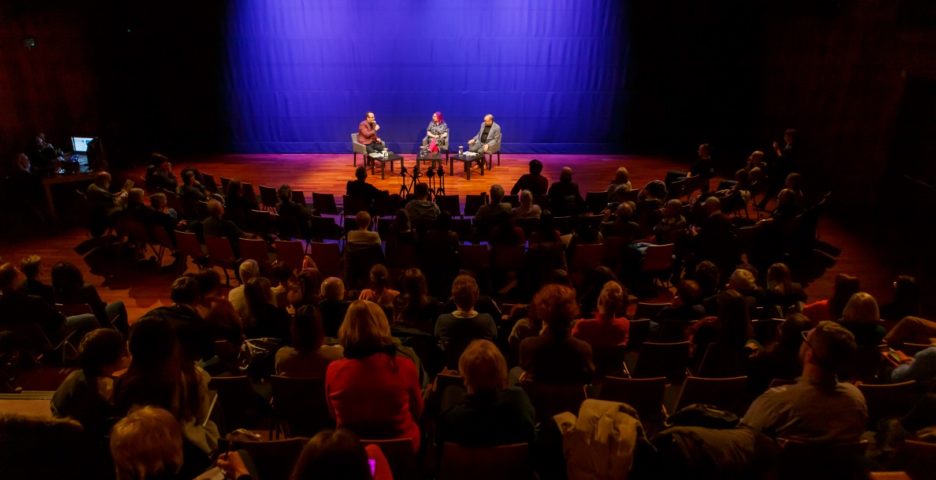On February 4, our PI, Karolina Ćwiek-Rogalska, took part in a timely conversation held in the evocative setting of Poznań Castle—a place with a complex and often painful history. Once used by Nazi officials during the German occupation of Poland, the Castle today serves as a vibrant cultural hub. Its layered past made it a fitting venue for a discussion on one of Poland’s most sensitive and enduring topics: the legacy of the “Recovered Territories”—formerly German regions incorporated into Poland after World War II.
Karolina joined Professor Robert Traba (Institute of Political Sciences, Polish Academy of Sciences) and Dr. Piotr Oleksy (Faculty of History, Adam Mickiewicz University in Poznań) to explore how these territories have been negotiated and reimagined by subsequent generations of settlers. Drawing from her own fieldwork, Karolina highlighted the diverse ways in which people relate to and manage formerly German objects—from everyday acts of care to lingering silences and spectral presences.
The conversation quickly expanded into a lively dialogue with the public, reflecting just how deeply the topic resonates today. This event demonstrated not only the ongoing importance of engaging with the past’s unresolved questions but also the need for spaces—like Poznań Castle—where these conversations can unfold with honesty, nuance, and openness.

